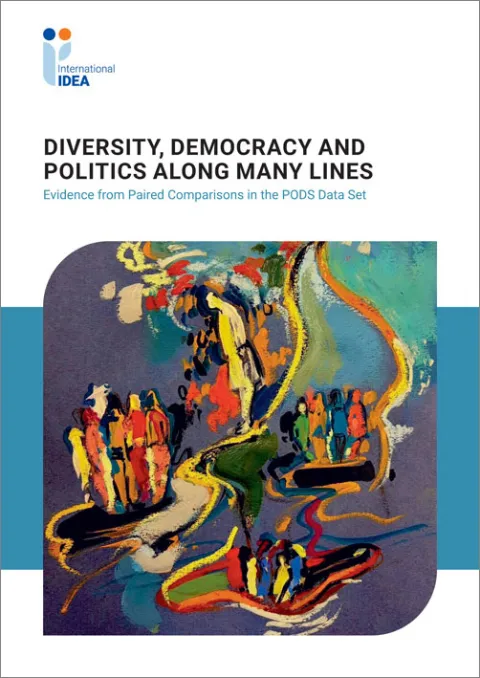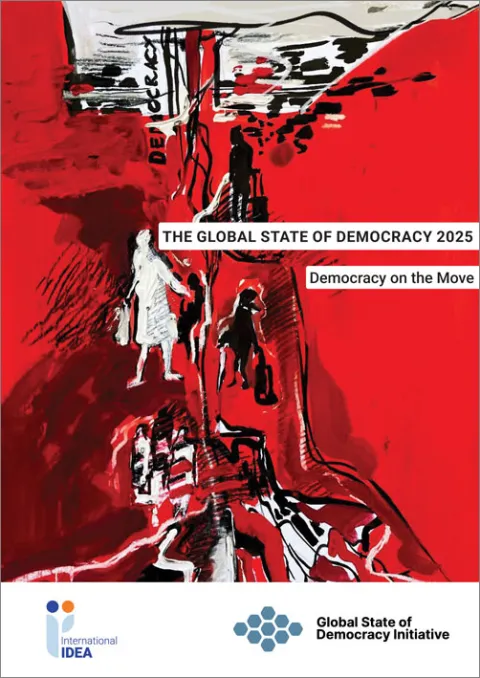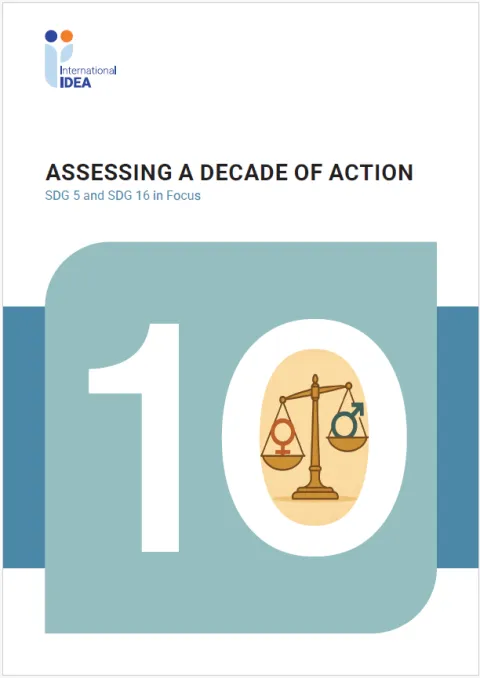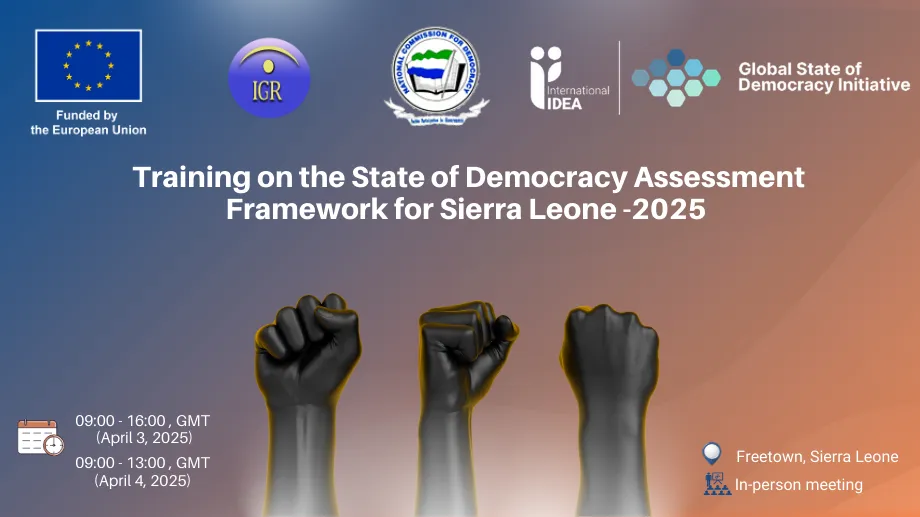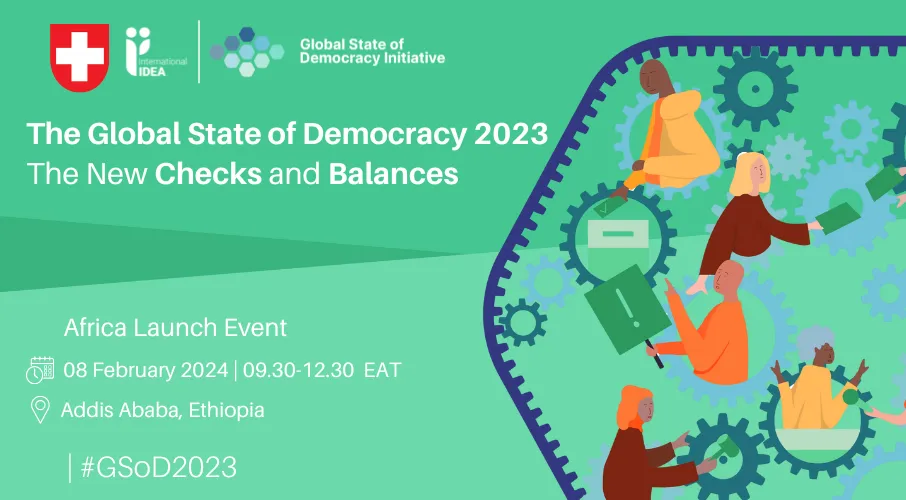Perceptions of Democracy
Data from the Perceptions of Democracy Survey (PODS) point to three broad findings. First, most people from a diverse array of countries around the world lack confidence in the performance of their political institutions and their access to them, and they are more dissatisfied than satisfied with their governments. Second, self-identified minorities, women and low-income groups tend to perceive more obstacles to access and are generally more doubtful about institutional performance. Third, expert views and popular perceptions about how political institutions are doing do not always align. People are generally much more sceptical than experts.
This report is the first in a planned series. Future reports will focus on the analysis of some of the other questions in the survey, which focus on political activities and engagement, access to public goods, beliefs about society and government, opinions on how laws should be made, and a broad range of values.
Details
Related databases & tools
Contents
Abbreviations
Executive summary
Introduction
1. Analytical approach
2. Access to political processes and institutions: Elections, courts and rights
3. Values, satisfaction with government and progress over time
4. Conclusion
5. Recommendations and areas for further research
References
Annex A. Methodology
Annex B. Survey questions
Give us feedback
Do you have a question or feedback about this publication? Leave us your feedback, and we’ll get back to you
Send feedbackPerceptions of Democracy
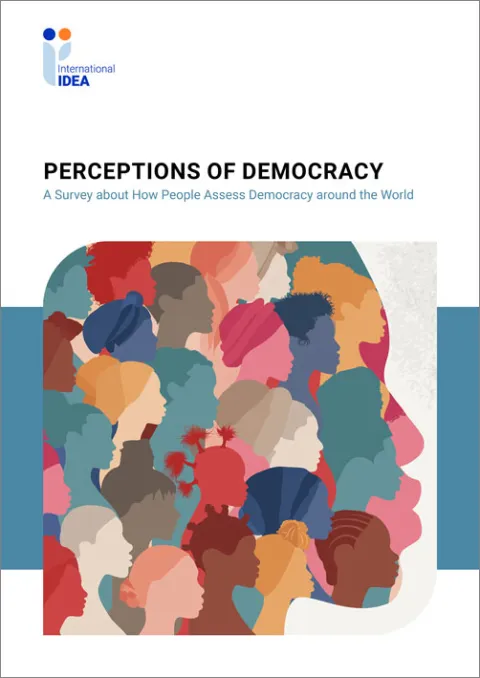
| Total views | 19509 |
|---|---|
| Downloads | 2610 |
| Rating |
Related databases & tools
Give us feedback
Do you have a question or feedback about this publication? Leave us your feedback, and we’ll get back to you
Send feedback